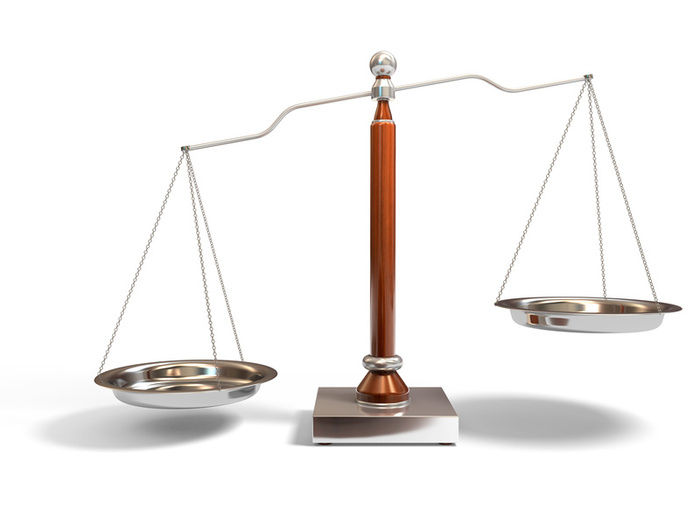Public Opinion: Politics and cognitive dissonance
Oct 20, 2016
Opinions are tricky things. They can make or break friendships, or create a strain or rift in families. Most importantly, they give us perspective on ourselves and how we fit into our societies. But if opinions help us inform who we are, and inform others of the same, can one person believe one way and act another?
The answer, of course, is a swift and resounding “Yes.”
The concept of cognitive dissonance is that of having opposing beliefs or thoughts – especially when acting upon said thoughts or beliefs.
That being said, opinions can change with time, new information or context. This is usually nothing as serious as cognitive dissonance, but the evaluation of belief.
Many of our own professors here at UNI teach subject matter that they might not wholly agree with, but do so because of relevance to their courses. As a student in the Department of Philosophy and World Religions, I have entered into many wagers and guessing games to figure out the attitudes of some professors towards course material.
While sometimes their views were readily apparent, most often these professors – like many others on and off our own campus – would rather let their students come to their own opinions, presenting many modes of thought to a subject.
This ability to limit their own personal biases is an example of separating personal opinion from public. While discussing the theories of biblical sources or the ethics of German philosophers, it is the public opinion discussed in the classroom rather than personal opinions on the matters.
A devout Christian professor who believes that the Bible is inerrant (without fault) might still teach the matters of the ‘Q’ source – a theoretical lost source influencing some gospels – and one professor who disagrees with Immanuel Kant’s philosophy still generally presents the material with minimal or no bias.
A separation of public and private opinion borders cognitive dissonance in that the private opinion of the material can conflict with the public opinion portrayed in the classroom due to the opinion the professor holds as to what constitutes a level of necessary professionalism.
As an opinion columnist, I have the unique opportunity to share my private opinions with the public, and many of us at the Northern Iowan take this task as a duty to ethically inform our readers. Opinions make who we are, but an uninformed or misinformed opinion can be harmful and dangerous.
For politicians, informed opinions are the tools of the trade. Some are more informed than others, and some use different qualities of information to sway their policies, but all portray a public opinion to their constituents.
Can a politician be trusted if their own personal opinion is at odds with their public opinion on a given topic? A better question is: does it matter so long as they are consistently reasonable?
Say that a politician personally believes that a stoplight should not be placed at a particular intersection, but their constituency overwhelmingly supports the placement of one. There is very little ground for an immovable ethical stance, so it would be perfectly reasonable for the politician to publicly support the light.
This trivial case is a micro example of something that happens in our larger federal politics. Sure, candidates are elected to represent their citizens based on the idea that their opinion most closely aligns with the majority, but that does not mean that they cannot ask for a majority opinion and act based on what constituents want, rather than forcing their own private opinion.
Of course, there should be more factors which influence decision-making and the change of opinion on important national and international issues. This does not mean that there should be little to no reason for switching support of a policy, but that it can be okay to support public opinion.
It is not enough to follow public opinion. A politician must follow an ethical core when deciding on war, funding Planned Parenthood, allowing non-heteronormative marriage laws or on any number of issues which impact human rights and lives.
Not just a strong moral center, but proper information on a topic might overrule majority opinion. Emerging scientific support for global warming or a reasonable argument for the right to be publicly recognized as united with the one you love might sway an incumbent or candidate to switch positions.
This does not mean that such people are fickle, but that they are keeping informed on important issues and constantly evaluating their opinions and beliefs. This is something everyone should do in their lives.
Politicians are human, and that makes them fallible, and that is okay.
So remember when voting early or on election day this November to vote for a candidate you feel is well-informed, and will support the whole of the American people to the best of their ability.

















